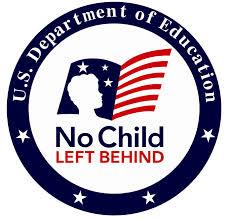A code of conduct stipulates minimum standards of professional conduct for teachers but is not an exhaustive list of such standards. A legal and regulatory framework governs teaching. New resources (knowledge, skills, and attitudes) are required to practice the profession and to meet the challenges of teaching and learning in whatever contexts teachers may find themselves, and to engage in professional development individually and with others.¹
Each school board or private school develops their own set of professional ethics for teachers to follow. As an example, a code might seek to address the interdependent duties, rights, and responsibilities of teachers, faculty members, and educational partners.¹
Furthermore, a code might address teachers requiring a reasonable flexibility in the implementation of common principles. Finally, a code might also address the guiding principles to ethical conduct and to identify major issues that are essential to the development and implementation of a code.¹
Teachers enjoy important freedoms and privileges. With these freedoms come huge responsibilities and ethical challenges.
Codes of conduct usually have guiding ethical principles listed. Some of these might include respect for human dignity, respect for vulnerable persons, respect for safety of students, and balancing harm and benefits.
Respect for human dignity means that a teacher should speak and act towards all students with respect and dignity. Also, teachers should be mindful of students’ individual rights and personal sensibilities.¹
Respect for vulnerable persons means that a teacher should respect and recognize ethical obligations toward vulnerable persons. Teachers should always refrain from exploiting their power in the student-teacher relationship in any form or manner.¹
Respect for safety of students means that teachers should respect the rights of individuals and engage in practices that aim to ensure the physical, psychological, and emotional safety of students.¹
Balancing harm and benefits means that teachers should acknowledge that potentially harmful practices (i.e. science labs and physical education activities) must be balanced with benefits and conducted in a prudent, informed manner.¹
Reference:
1. McGill University. Code of Professional Conduct: Code of Ethics for Student Teachers. Retrieved May 14, 2014, from http://www.mcgill.ca/study/2012-2013/faculties/education/undergraduate/ug_edu_code_of_professional_conduct_code_of_ethics_for_student_teachers
© BrainMass Inc. brainmass.com June 30, 2024, 10:13 am ad1c9bdddf


